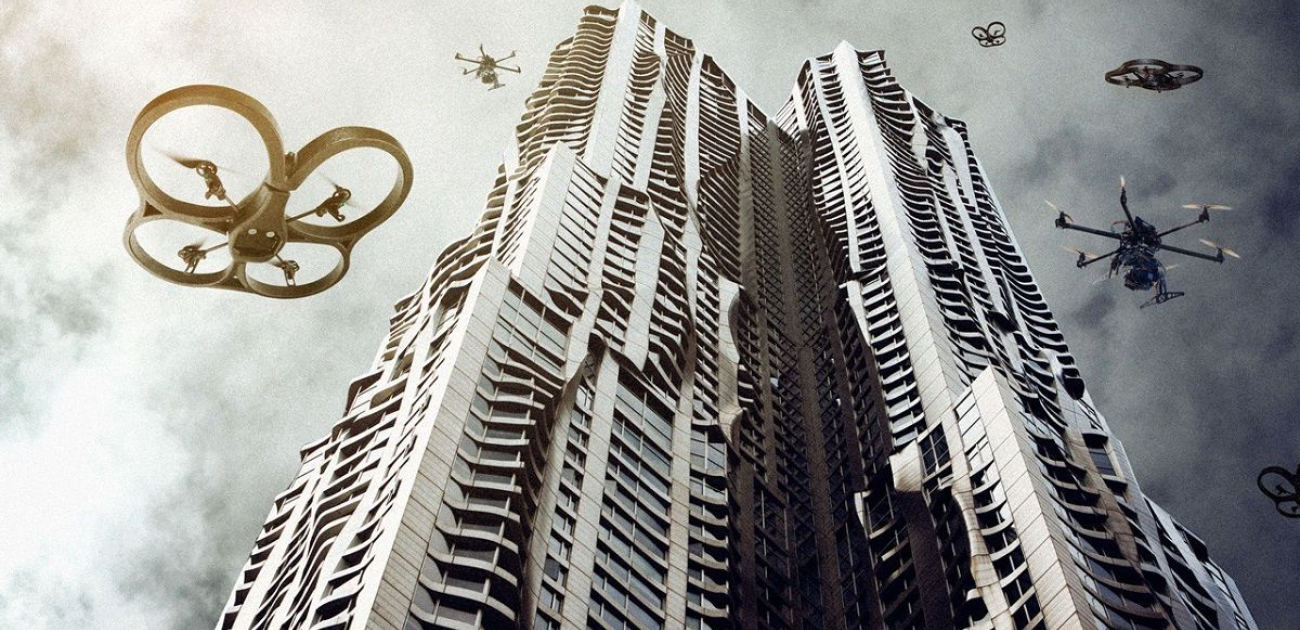Rise of the Drones: Flying Over Newton and Registration Requirements Reinstated
The skies are a little friendlier for drones now that the Dutch police have suspended their squad of drone-hunting eagles. This is also great news for retailers, as drone popularity continues to soarwith overall electronics sales.
With more advanced technologies available to consumers and drones rapidly filling the skies, the Federal Aviation Administration (FAA) and state and local governments are working to address safety, privacy, and other regulatory concerns. The Retail Law Advisor has been following these efforts for the last few years. Currently, 43 states have enacted drone-related laws and additional legislation is being considered.
Two recent developments have heightened the FAA’s regulatory authority over recreational and commercial drones.
Flying Over Newton
First, in September 2017, a federal court in Massachusetts struck down portions of a municipal drone ordinance. In Singer v. City of Newton, an individual drone operator challenged a local ordinance which required registration with the municipality before a drone could be flown over any portion of the municipality; required drones to maintain an altitude of least 400 feet over private and municipal property unless the operator received permission to fly lower; and prohibited any drone flights beyond the operator’s visual line of sight. The objective of this ordinance was to protect privacy and prevent nuisances and other disturbances. These concerns are not speculative, which the Retail Law Advisor has discussed in earlier posts.
Nevertheless, the court struck down portions of the ordinance because it intruded on the FAA’s authority to register pilotless aircraft and regulate the navigable airspace under the FAA Modernization and Reform Act of 2012. In addition, the court explained that the altitude restrictions effectively “eliminate any drone use in the confines of the city, absent prior permission. This thwarts not only the FAA’s objectives, but also those of Congress for the FAA to integrate drones into the national airspace.” The court did not address the ordinance’s provisions concerning reckless or negligent drone use and the use of drones for surveillance. However, the court explained that that state or local regulation of drone use was permitted in specific areas, including privacy and safety—as long as those regulations did not conflict with the FAA’s authority.
This decision is important because it represents the first challenge to a state or local drone regulation. Although the municipality initially appealed to the First Circuit Court of Appeals, it withdrew that appeal in December 2017. For now, Singer v. City of Newton affirms the FAA’s nationwide authority to regulate drone use. This should encourage continued growth in the drone industry by avoiding a patchwork of conflicting state and local restrictions.
Registration Requirements Reinstated
The second drone-related development is the reinstatement of FAA registration requirements for recreational drones weighing over 0.55 pounds. In 2015, the FAA issued regulations for small drones, including those used solely for recreational purposes. Federal courts in the District of Columbia struck those down regulations in May 2017 because the FAA lacked jurisdiction over toy and model aircraft.
That lack of jurisdiction is no longer the case. On December 12, 2017, Congress reinstatedthe FAA’s registration requirements in Section 1092(d) of National Defense Authorization Act for Fiscal Year 2018. Individual drone operators and retailers that sell drones to consumers should be aware of the FAA’s reinstated registration requirements:
- Registration is required for the recreational use of Small Unmanned Aircraft Systems, or “sUAS.” These are “aircraft operated without the possibility of direct human intervention from within or on the aircraft” that weigh between 0.55 pounds (250 grams) and 55 pounds on takeoff, including everything onboard or attached to the aircraft.
- Registration is available by mail or online through the FAA’s Small Unmanned Aircraft Systems (sUAS) Registration website: http://registermyuas.faa.gov/.
- Registration requires only the registrant’s name, home address, and e-mail address. Registrants have the option of either providing their drone’s serial number or labeling their drones with an FAA-issued identification code.
- After paying a $5.00 registration fee, individuals will receive a Certificate of Aircraft Registration, which is valid for three years and applies to all sUAS operated by the registrant.
- As part of the registration process, registrants must acknowledge their intent to follow drone safety guidelines. The FAA also has developed a smartphone app called B4UFLY, which helps operators avoid restricted airspace.
- Although there are some exceptions, commercial drones under 55 pounds may be registered through the FAA’s online registration system. Drones over 55 pounds, held in trust, or intended for operation outside of the U.S. still must register through the FAA’s paper-based process.
The Retail Law Advisor will continue to monitor this area as technological and regulatory developments encourage the growth of recreational and commercial drones and their applications.
Do you want more information?
 Matthew P. Horvitz
Matthew P. HorvitzMatt Horvitz is a trial lawyer with extensive experience with all phases of litigation, dispute resolution and avoidance. Matt believes that litigation is a tool for protecting his clients' interests and achieving their objectives, whether through trial and appeal or negotiated settlement. His approach is client-centered, pragmatic, and above all focused on achieving efficient results.

